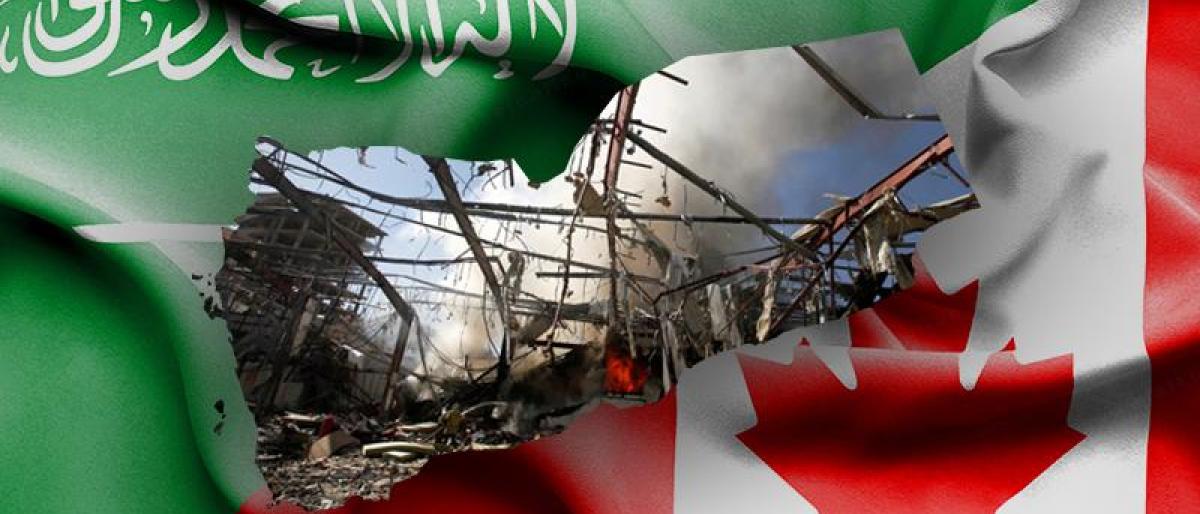When Canada’s embassy in Riyadh tweeted its government’s statement in Arabic, Saudi officials saw it as a challenge to national sovereignty on domestic social media, which has increasingly become the battleground to control national public opinion and promote hyper-nationalism. Saudi Arabia’s Crown Prince Mohammed bin Salman, known by his initials, MBS, is signaling that any open opposition to Saudi domestic policies, even ones as egregious as the punitive arrests of reform-seeking Saudi women, is intolerable. The West should not ignore human rights abuses in the Arab world, but its indifference to the cruelty of Arab regimes in Syria and Egypt — where hundreds of thousands have been killed or imprisoned — has encouraged the spread of authoritarian rule in countries that once had a restrained appetite for pursuing such policies
Presently, Saudi citizens no longer understand the rationale behind the relentless wave of arrests. These arbitrary arrests are forcing many into silence, and a few others have even quietly left the country. To Riyadh, vigorously defending Saudi Arabia’s sovereignty means using punitive measures against transnational civil society groups and the countries that support them.
Of course, there is a better way for the kingdom to avoid Western criticism: Simply free human rights activists, and stop the unnecessary arrests that have diminished the Saudi image. Doing so will salvage what is left of the reputation that the crown prince worked so hard to build during his multiweek tour of Europe and the United States earlier this year.
Saudi Arabia simply cannot afford to alienate any other sections of the global community in the midst of its unpopular military engagement in Yemen, its indirect confrontation with Iran. Most importantly, Saudi Arabia’s economic transformation requires more friends than enemies. For MBS to achieve the economic and transformative vision that he espoused on his foreign tour, he needs to use ways and means that investors are accustomed to. If business executives fear a backlash over any possible criticism regarding their investment, the new vision of Saudi Arabia would be in serious jeopardy.
Instead of lashing out at Canada, shouldn’t we ask why peace-loving Canada has turned against us? We, Saudi citizens, need to see the bigger picture. Canada raised the flag against human rights abuses in Saudi Arabia. Surely, we cannot arbitrarily arrest female activists and expect the world to turn a blind eye.
Criticism of the Middle East should not be directed only at Saudi Arabia. Human rights abuses are happening throughout the Arab world. For example, Egypt has jailed 60,000 opposition members and is deserving of criticism as well. The slaughter of innocent civilians in Syria and Yemen should also be highlighted, not because criticism is unfair to Saudi Arabia, but because failing to criticize creates an atmosphere that empowers authoritarian rulers to deny civil rights to their own people.
Many Arabs who seek freedom, equality and democracy feel defeated. They have been portrayed as traitors by pro-government media and abandoned by the international community. Canada’s stand, therefore, restores their hope that someone out there does indeed still care.
----------------------------
The Washington Post









 Home
Home Politics
Politics











